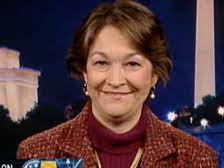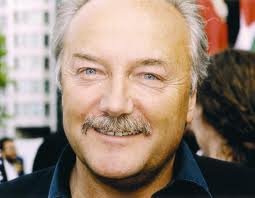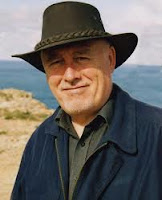I
watched Mitt Romney’s speech last night and was impressed by several things.
1* The man looks as though he’s
been dry-cleaned. I don’t just mean his shirt or his suit or his tie. All of
him – face, hair, teeth, eyes – everything. I know the PR people take great
care with their candidates – squeeze facial blackheads, trim eyebrows, nasal
hair, etc – but this was a top-to-toe job of meticulous perfection. Even his
voice sounded dry-cleaned.
2* He came across as a TV
evangelist. Not the type that sweats and roars and paces the stage. The other
kind: the reasonable, cheerful, successful ones that imply by their moderation
that you too can be reasonable, cheerful and successful if you’ll just accept
the Lord Jesus into your life and dip deep in your wallet when the collection
plate comes round.
3* Mitt had to struggle. Yes,
his dad was George Romney, Governor of Michigan and a very wealthy man – but
Mitt didn’t trade on that fact or that name. Instead he moved away and went out
on his own. Sometimes it was hard, sometimes it was less hard, but Mitt had
done it his way. Did being a millionaire governor’s son help? Don’t think he
told us about that.
4* His dad and mom were married
for over 60 years, and their marriage worked because every day, his dad put a
rose on the table for his mom. The only day he didn’t do it was the day he
died. Doesn’t that just bust your tear-ducts? And make you feel a right pig for
not being a flower-person yourself?
5* Obama promised to stop “the
rise of the oceans and heal the planet”. Mitt just wants to “help you and your
family”. Down to earth, you see. Brass tacks. Enough of the environmental
garbage already. Give the people jobs, ok?
6* Obama has “thrown Israel
under the bus”. You heard me.
Under. The. Bus. You probably thought Israel was a state heavily armed by the
US, in possession of nuclear weapons, busy giving a shockingly hard time to the
Palestinians. Uh-uh. They’ve been thrown under the bus. By Obama.
7* Mitt’s got a great
vice-presidential candidate “who’s not ashamed to say how much he loves his
mom”. Well how could you resist a man like that? The type that pretend they
don’t love their mom, or the type who secretly love them but don’t share the
fact with millions of people: what a bunch of wasters. Repressed. Cold. But not
Paul. He laid it on the line for all to see: he loves his mom. It must be an
Irish thing.
8* The US is ‘the greatest
country in the history of the world”.
Ancient Greece, ancient Rome, Renaissance Italy? Nah. The home of the
hamburger, the hot-dog, the drip-dry shirt. Who could compare? No one. No
siree. USA! USA! USA!
9* “When the world needs
someone to do really big stuff, you need an American”. No Irish, Brits or French need apply.
American: that’s what’s called for. Cos they come from the greatest country in
the history of the world.
1* If Americans don’t vote for
Mitt, they’ll have missed the chance “to save the world from unspeakable
darkness”. Don’t say you haven’t
been warned. Obama or Romney. Unspeakable darkness or the man from Michigan.
1* If elected, Mitt will keep
the American military “so strong, no nation will ever dare to test it”. OK, let’s
hear it one more time, as the convention centre fills with chants of “USA! USA!
USA!”
When
they simmered down, God was called on to bless the audience and to bless
America. There were balloons,
flashing lights and those kind of tiny explosions you get when the champagne
starts popping for the winners of the Champions’ League.
Feel
like acting superior, rolling your eyes at all this vulgar, ghastly American overstatement? Don’t. It’s a
form of politics coming to a place near you, soon.






















